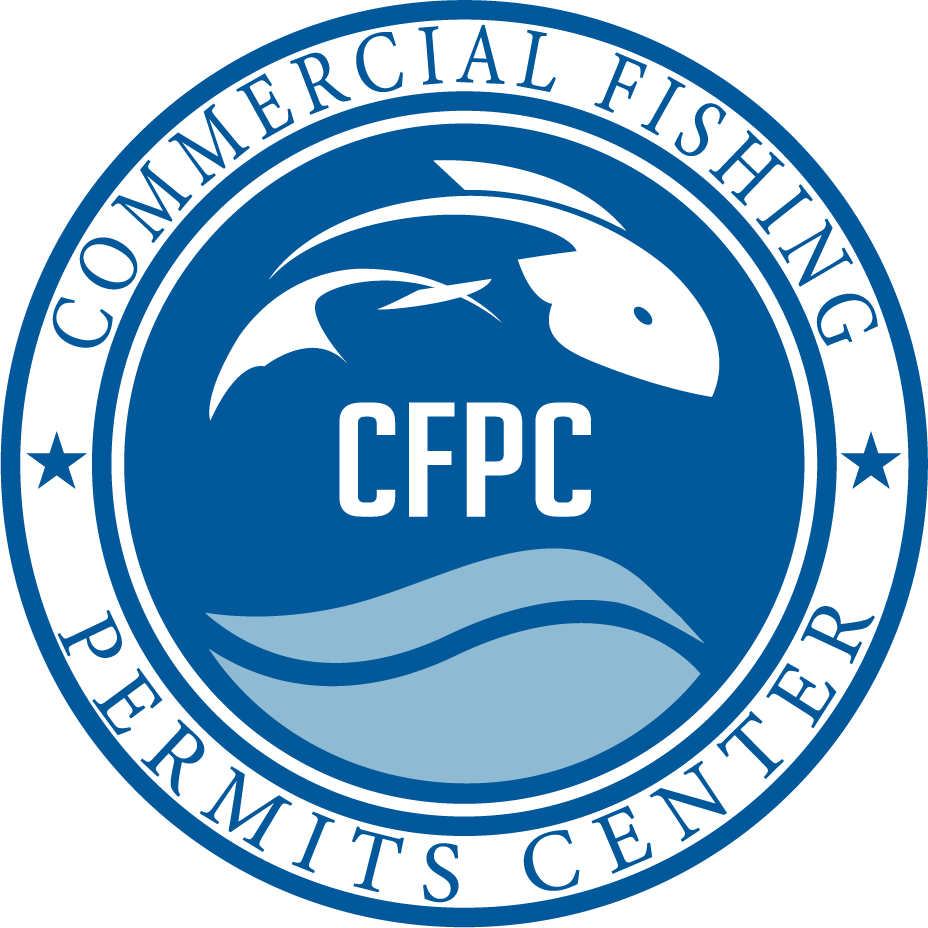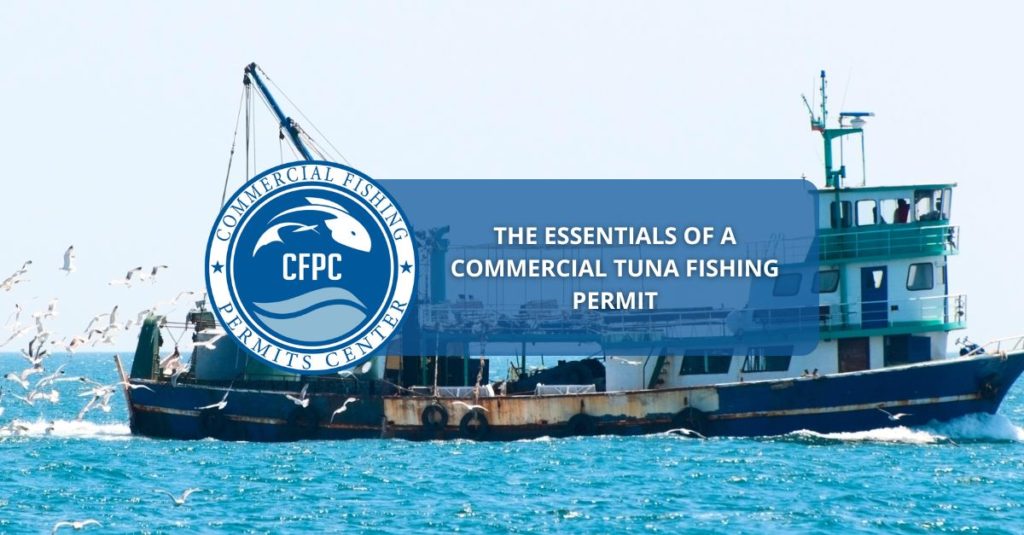Tuna is a lucrative fishing endeavor and, in fact, is one of the most prominent species fished in the United States. Tuna is valuable and is consumed worldwide, creating a huge market for it. However, there are regulations in place to ensure that it’s fished sustainably, while still meeting demand. For that reason, you need a commercial tuna fishing permit if you plan to fish for tuna. Here’s what you need to know about the permit and the rules regarding it.
Why Do I Need a Commercial Tuna Fishing Permit?
The bottom line is that you must have a tuna fishing permit to be legally allowed to fish for tuna and to sell it in the United States. All tuna from the Exclusive Economic Zone, which extends from three to two hundred nautical miles from shore, requires a tuna permit. The permits are issued in such a way to protect the tuna species and to make sure that you aren’t exceeding quotas when you catch tuna.
Restrictions for Tuna Fishing
The National Oceanic and Atmospheric Association, or NOAA, outlines some strict rules regarding commercial fishing for tuna. This includes the areas in which you can catch tuna, as well as how much tuna you can take with you. Getting caught breaking these rules can lead to hefty fines and even the loss of your fishing permit. You will need to provide a report that states how many tuna were caught and harvested, how many tuna were lost, as well as the location, date, time and coordinates of your fishing trip.
Tuna Catch Per Year
According to NOAA guidelines, there is a quota that limits how much tuna you can catch on a yearly basis. Catching more than the quota can result in a fine. Adhering to the annual limit is an important part of running a legal commercial fishing business, so it’s important to pay attention to your catches so you don’t exceed the limit.
Other Fishing Licenses
If you are fishing in state waters, which extend from the coast to three miles out, you may also need a state fishing license. As a commercial fishing boat, a permit of some kind will be required, but if you cross from state waters into federal waters, you will need both types of permit. There are also regulations regarding the size of your boat, so be sure to keep that in mind when you apply for your fishing permit.
Importance of Tuna Fishing Regulations
You might be wondering why tuna fishing rules are such a big deal and if you really need to follow them. The answer is yes, you do, or you run the risk of fees and penalties that you likely want to avoid. Not only do these rules protect the species, but they also protect you and your livelihood. If tuna is overfished, you may have to cut back your business, which means profit loss. In order for you to prosper as a tuna fisherman, you must adhere to the rules, which are also in place to protect the environment.

Contact the Commercial Fishing Permits Center today for more information on getting a commercial tuna fishing permit.


No Comments
Be the first to start a conversation